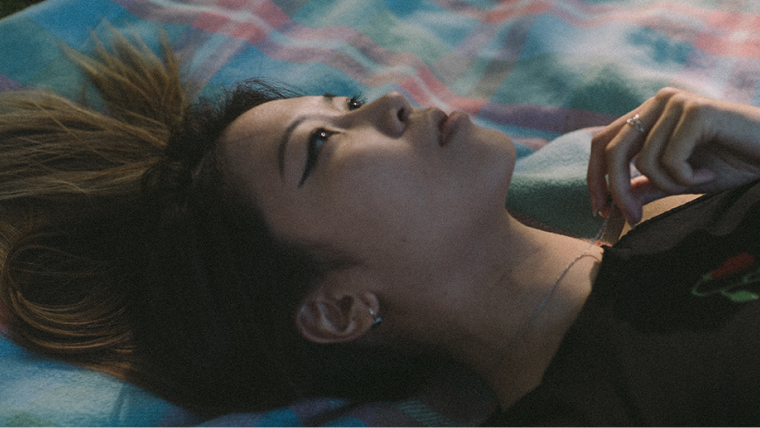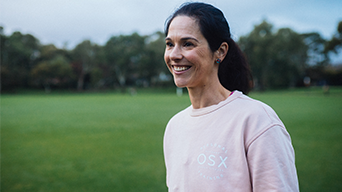What is anxiety?
Anxiety is more than just feeling stressed or worried. Stress and anxious feelings are a common response when we feel under pressure. These feelings usually pass once the stressful situation has passed.
Anxiety is when anxious feelings don’t go away and may not have a clear cause. If you’re living with anxiety, the anxious feelings may not be easily managed. Anxiety is a serious condition that makes it hard for a person to cope with daily life.
3 million Australians are living with anxiety. Anxiety is the most common mental health condition in Australia. 1 in 4 people will experience anxiety at some stage in their life.
Anxiety signs and symptoms
Anxiety symptoms can develop over time. Because we all experience anxious feelings, it can be hard to know when to seek support.
Signs and symptoms of anxiety can include:
- feeling very worried or anxious most of the time
- finding it difficult to calm down
- unable to control your anxious thoughts or worries
- feeling tired easily
- difficulty concentrating or mind going blank
- muscle tension
- sleep disturbances.
Types of anxiety
There are several types of anxiety disorders. Each type has different symptoms and is treated differently.
Common types of anxiety include social anxiety disorder and generalised anxiety disorder (GAD).







